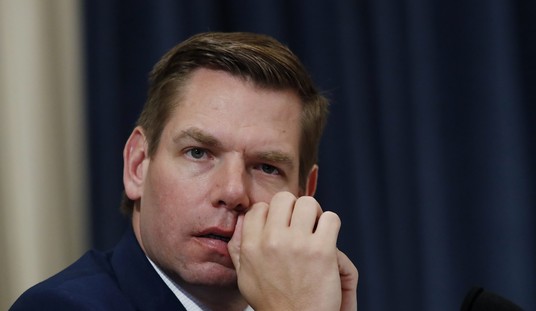An issue that has been touched on occasionally here at RedState, both in Tech at Night and in Coffee and Markets, is the future of the governance of the entire Internet, through the future of ICANN and IANA, basic organizations that govern how the Internet operates.
The Obama administration appears to be throwing itself behind a basic change that will diminish the influence of the US Government on these organizations. Here are some question and answers with Theresa Swinehart, Senior Advisor to the President on Strategy, at ICANN, giving the point of view that this transition away from government would be a good one.
Questions in bold are by me, answers in italics are by ICANN. This is a case where an argument is being made that we can do without government, and I want to give this point of view a fair hearing.
1. Most Internet users have no idea what ICANN and IANA are, let alone why they matter. What do they do with respect to the Internet addressing and domain name systems, in ways that matter to all of us?
If you are reading this, you either typed RedState.com into your browser or you clicked on a link. When you did that, the domain name RedState.com was sent to a server which translates the name into a series of number resources – the Internet Protocol or IP Address – which the server used to direct your request to this website, no matter where you are in the world. This happens in the blink of an eye and, much like the foundation under a house to a homeowner, is something the average Internet user shouldn’t have to worry about working. This is how we have one, global unified Internet. The domain names and number resources used to identify specific websites are called “unique identifiers” and are aligned with a standard set of protocol parameters that ensure your devices can talk to and understand each other. Those are the IANA functions, and they’re managed by the Internet Corporation for Assigned Names and Numbers, known as ICANN.
These functions aren’t just limited to browsing – they also are what let you send emails or backup music to the cloud. So, while the average Internet user doesn’t notice the IANA functions working, their execution is critically important to the stability and security of the Internet.
2. For years now these organizations have been governed by US government contracts that give us oversight over their behavior. There is a movement calling for that arrangement to be replaced by a “multistakeholder” system of non-governmental organizations. Why would individual Internet users benefit from replacing US government oversight of ICANN and IANA, with private groups?
For the last 17 years, ICANN has managed the IANA functions under contracts with the U.S. Government and under the watch of the multistakeholder community. Under that system, the Internet has become the global platform for growth and innovation it is today. These stakeholders include thousands of representatives from large and small businesses, technical experts, civil society, governments, researchers, academics and end users from all over the world. In fact, anyone who is interested can participate.
The finalizing of the transition is part of the evolution, and commitment to privatization of the DNS to the multistakeholder system. Individual Internet users will benefit from one unified, global Internet that will be maintained, free from any governmental authority or interference.
3. The world is dangerous these days, and countries like China and Russia are opposed both to individual liberties, and to the United States in particular. Americans, and in particular conservatives, are well familiar with the tactic of these sorts of extremists hijacking officially-neutral organizations. Once hijacked, they then can take on a sharply anti-liberty, and anti-American message. What protections would a multistakeholder model offer us, once the US government releases oversight over basic Internet services, that our liberties online won’t be in danger?
This multistakeholder model offers the ultimate protection against the threat of government takeover or hijacking because of its transparency, diversity and equal division of authority among participants. Through a system of checks-and-balances, and operating under many, many accountability measures, no one government, no one bad actor, and no group of bad actors will have the ability to do harm. The U.S. will continue to play a major role in the multistakeholder community.
Any plan to transition the IANA functions will have to address this issue, along with many more, before the multistakeholder community and the US government approve it. If you are interested in this get involved. Join the multistakeholder community at www.icann.org and make sure your concerns are being addressed.
Image by ‘Coolcaesar’ used under Creative Commons Attribution-ShareAlike 3.0 license.













Join the conversation as a VIP Member